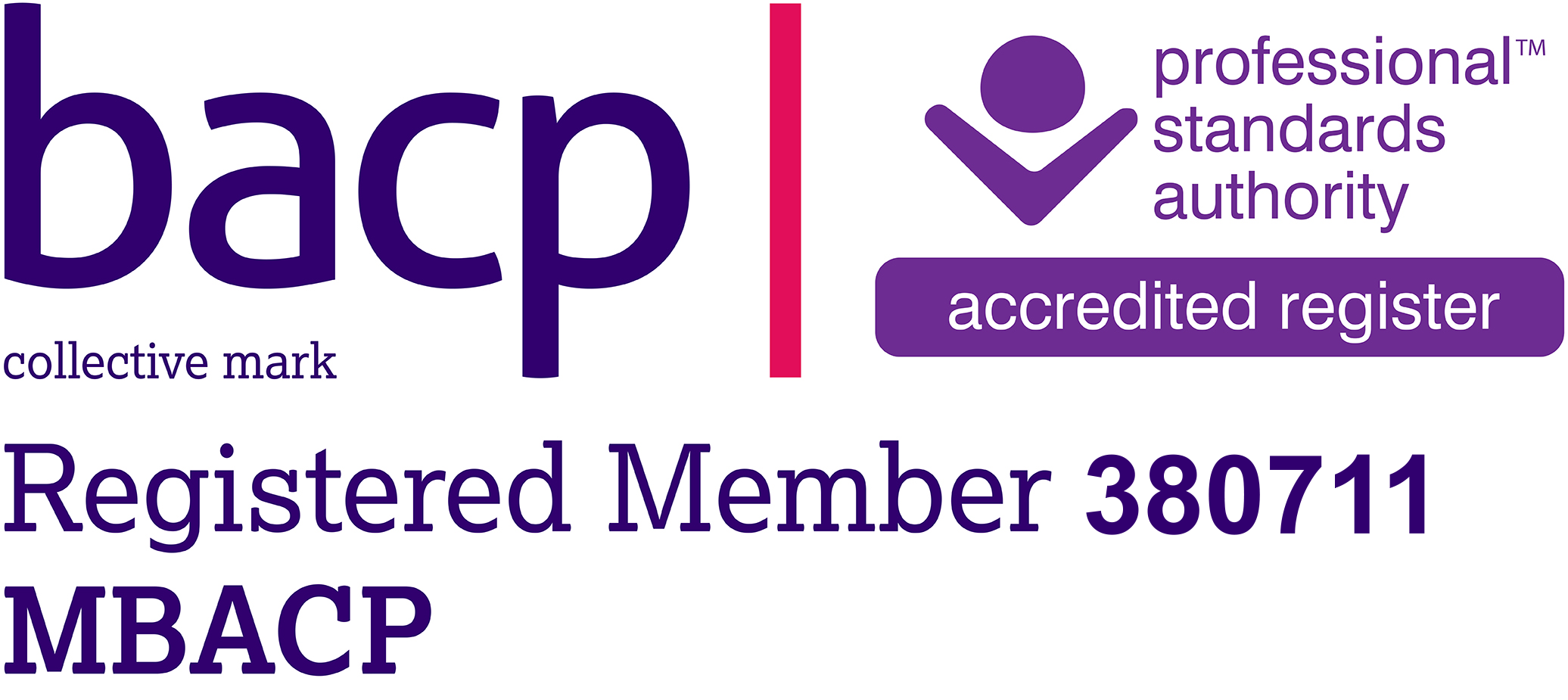What is Psychotherapy?
In physical health if you break an arm and don’t set it, you are likely to have difficulties with that arm later in life. The mind is similar. When losses or traumas are not worked through – ‘processed’ – they can stay in our unconscious minds a bit like the pea in the fairy tale of ‘The Princess and the Pea’ continuing to disturb us and affect us much later, even though it is beneath the surface. Psychotherapy tries to get to the root cause of issues and process them, rather than simply treating a symptom.
Example:
A child experiences a loss of some form (a death or a break of attachment) or they experience a trauma (such as witnessing domestic abuse or violence, or are neglected or abused themselves). That child may at the time communicate their distress to adults via their behavior, but the adults may not understand and instead frame the behavior as ‘naughty’. Years later, in adulthood, they may find themselves reacting to situations or relationships in ways that are ‘over the top’. This can cause a great deal of confusion and distress.
A psychodynamic psychotherapist can help the patient to make links between the early losses/traumas they suffered as children and the problems and difficulties that they face now as an adult. By making these links and getting back to the early emotions stored in our minds patients can become much freer of those early hurts – this is what we call ‘processing’.
How I work:
I am trained in both short and long-term models of psychodynamic psychotherapy; and with children, adolescents and adults.
I bring to all my therapeutic work a belief that patients and their families must feel safe and respected, not judged. I try to foster a sense of curiosity about the difficulties and challenges patients’ face in a gentle and creative way. Over time we can think together about patterns of thoughts or behaviours or experiences and track the emotions they give rise to; as well as find connection to the events of their past. This robust, psychodynamic, model helps patients to understand themselves and manage and master their feelings. The work is of course confidential. Patients can achieve a sense of calmness and understanding about themselves and their past; they can learn to manage their feelings better and feel more positive both about themselves and life.
What can psychodynamic therapy help?
It can help a whole range of emotional problems and difficulties. For example:
- Anxiety and stress
- Depression
- Relationship problems
- Loss
- Self-esteem and confidence
- Trauma, abuse
- Self-awareness
- Self-harm
- Existential angst
Goals:
Some patients find it useful to consider identifying the goals they would like to achieve through therapy – and this can be done at the outset of the work and revisited periodically. Goals could include ‘understand myself /my feelings better’; ‘notice and manage my thought patterns’; ‘cope with and moderate my mood swings’; ‘help me to trust more’; ‘raise my self-esteem and confidence’…. Others prefer not to do this.
When is it not right for me?
For some, psychotherapy can be unsettling in the short-term as we begin to look into a patient’s past and consider their life, relationships and their feelings. If you feel your life at the moment is too unstable, or lacking in enough external support systems, or if you are considering an imminent and significant change such as a move to a different area then it may not be the right time for psychotherapy. If you are unsure about this, we can talk about it and decide together whether psychotherapy is right for you at this point.
If you are unwilling to think about your past/childhood, or it is too painful to do so at the moment, then an alternative modality like Cognitive Behavioural Therapy (CBT) may be more appropriate for you – this is not my specialism.
Experience:
I have over twenty-eight years of experience working in mental health settings with both adults and children.
I completed the three year MSc in Psychodynamic Counselling (with adults) at Birkbeck college, University of London graduating in 2000. During the training and afterwards I worked in University Counselling services in London applying both short-term and longer-term models of psychodynamic therapy.
My second mental health training was the five year Child and Adolescent training at the British Association of Psychotherapists, graduating in 2008. Since then I have worked in busy and demanding Child and Adolescent Mental Health Services across London.
I have a great deal of experience with Looked After Children, in particular, and have worked in dedicated CLA teams since 2011 as a senior C&A Psychotherapist and now Lead a large CAMHS CLA team.
The clinical work I have undertaken throughout my CAMHS career has spanned a wide age range, as well as a wide cultural and socio-economic range of service users. The work has been with complex and highly complex presentations, often co-morbidity and with significant systemic and intergenerational factors and trauma. Many of the young people I have worked with have presented with self-harm, suicidal ideation and significant risk factors eg gang affiliation, CSE risks, learning disability, drug abuse etc.
The treatments I offer include short and long-term psychotherapy, parent + child psychotherapy, carer + foster-child psychotherapy.
Additional Training:
I have trained on the Mentalisation Based approach. I have completed the Dyadic Developmental Psychotherapy/practice levels 1 and 2.
 North East London, Essex & Online
North East London, Essex & Online



